Human evolution is an ongoing process, with DNA mutations playing a pivotal role in shaping our future. From disease resistance to enhanced cognitive abilities, these genetic changes have the potential to redefine what it means to be human. Below, explore six fascinating DNA mutations that are reshaping our species.
Enhanced Disease Resistance
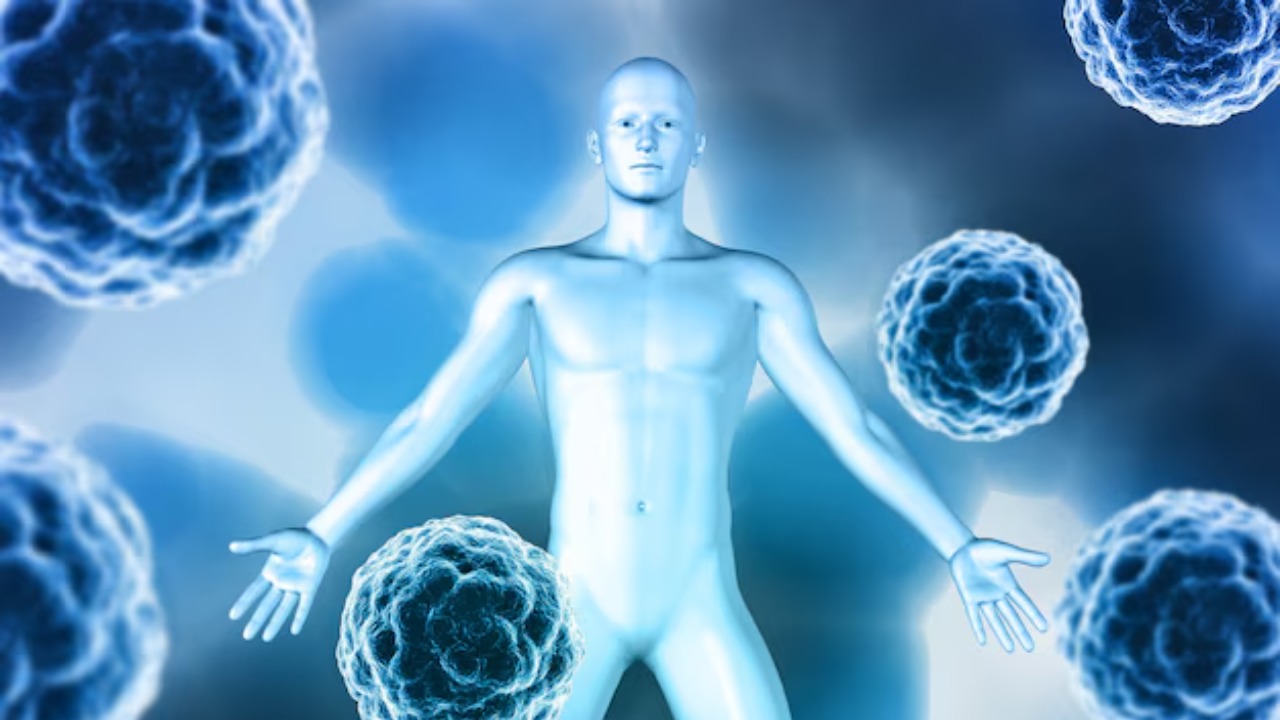
DNA mutations can bolster the human immune system, providing enhanced resistance to diseases. These genetic changes may offer protection against viruses and bacteria, potentially reducing the impact of infectious diseases on future generations. Some mutations could even help us fend off illnesses that have plagued humanity for centuries. To learn more about how mutations impact evolution, check out this informative article.
Increased Cognitive Abilities
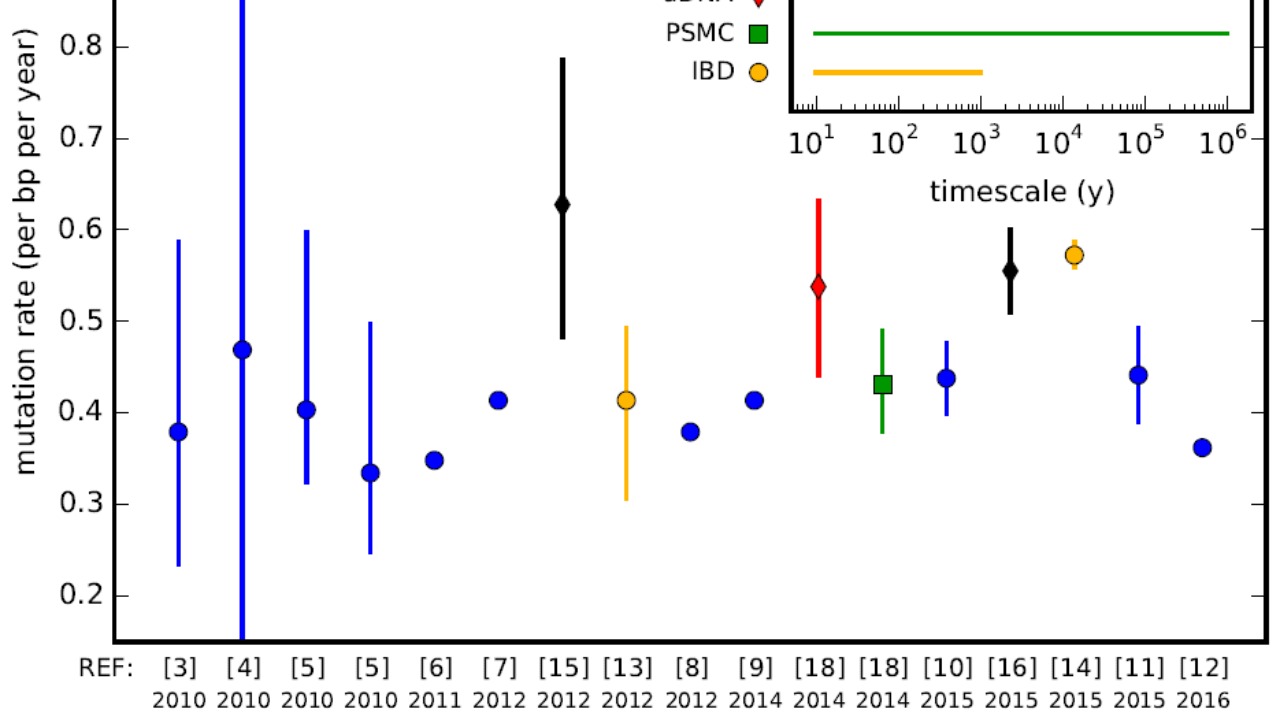
Genetic mutations might lead to significant improvements in human cognitive functions. These changes could enhance memory, learning, and problem-solving skills, potentially giving rise to a generation of individuals with superior intellectual capabilities. As science progresses, the possibility of artificially inducing such mutations becomes more plausible. The CRISPR genome-editing technology is already paving the way for potential enhancements in human intelligence.
Altered Physical Traits
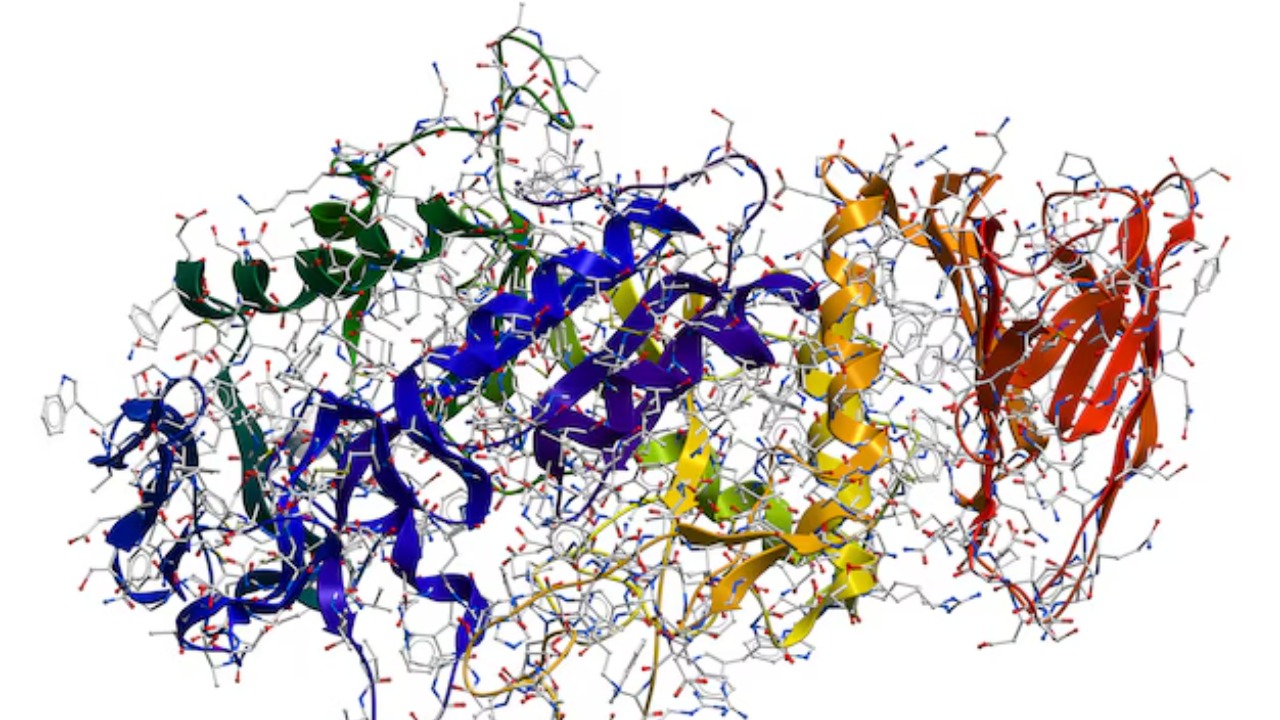
Mutations can also result in noticeable changes in physical traits, such as height, skin color, and body composition. While some of these alterations may be beneficial, others could pose challenges. Understanding the role of mutations in evolution helps us appreciate the diversity of human appearances. For more insights on how viruses mutate and influence genetic changes, visit this resource.
Extended Lifespan
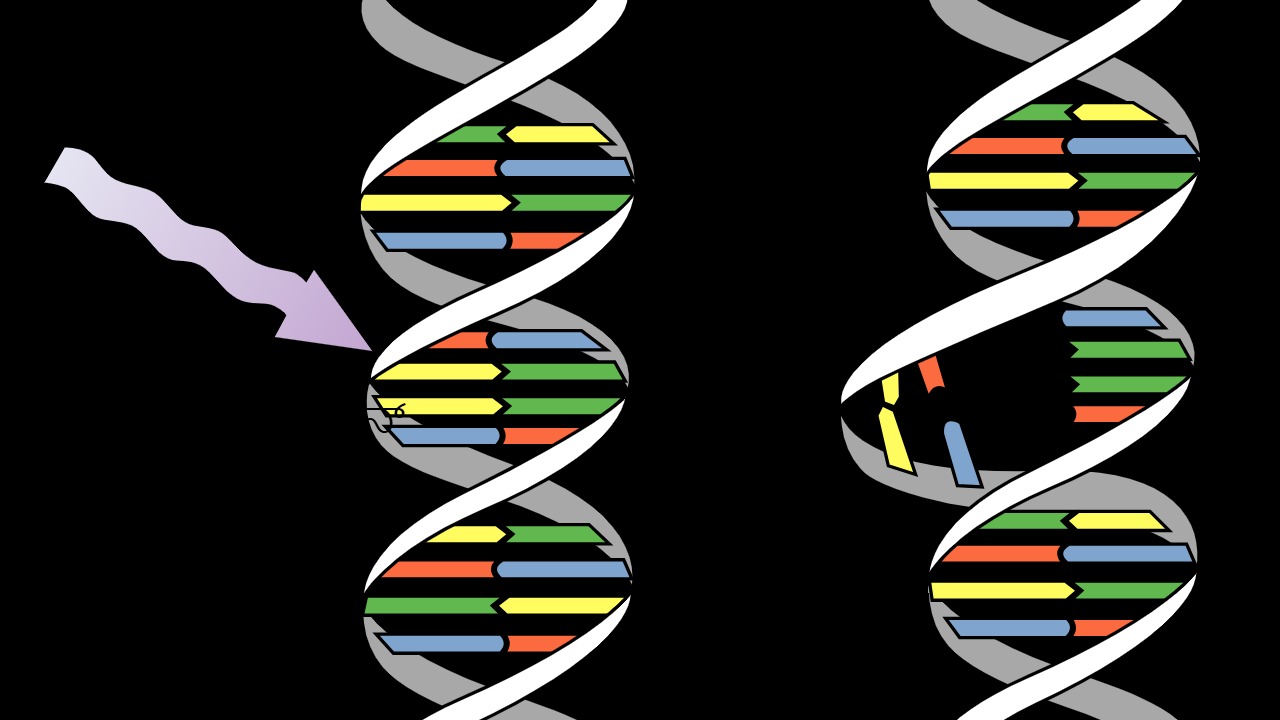
Certain DNA mutations may hold the key to prolonging human lifespan. By enhancing cellular repair mechanisms and reducing the risk of age-related diseases, these genetic changes could enable people to live longer, healthier lives. As research continues, scientists are uncovering the secrets of longevity encoded in our DNA. A recent study explores some of these fascinating possibilities.
Heightened Sensory Perception
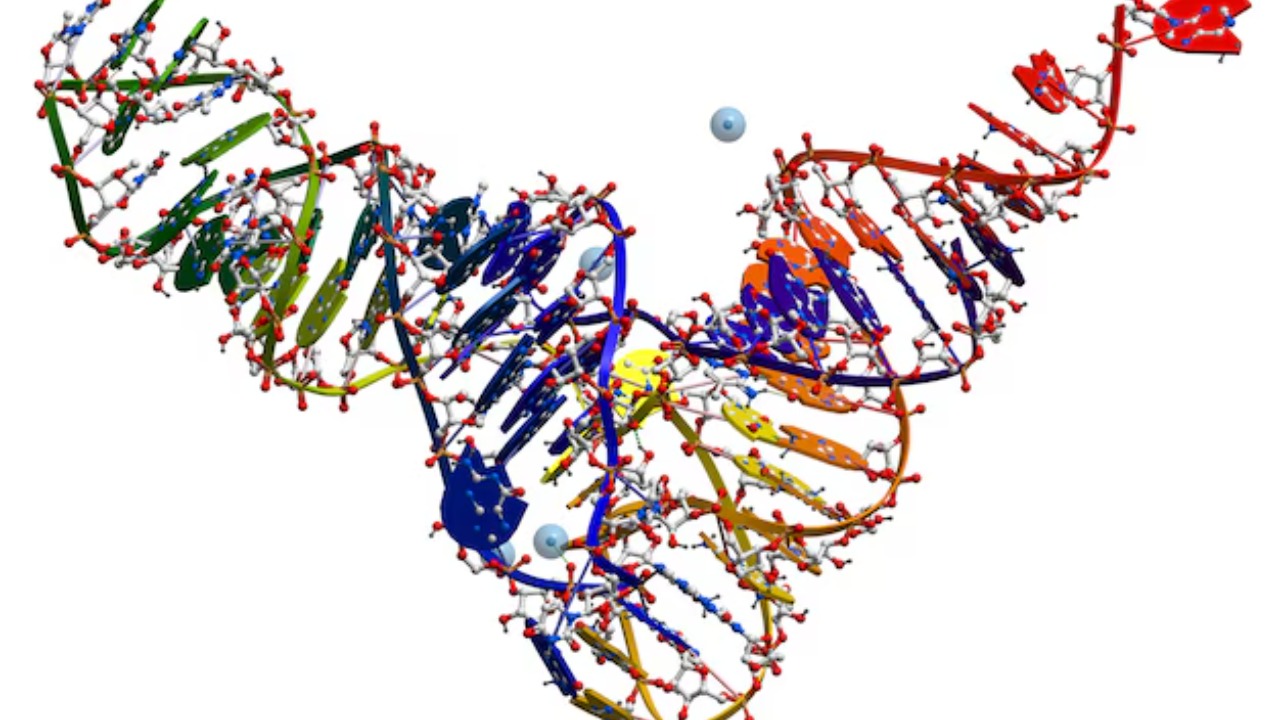
Genetic mutations might lead to the enhancement of sensory faculties, offering humans sharper vision, better hearing, or a heightened sense of smell. These changes could improve our interaction with the environment and help us navigate the world more effectively. Understanding these mutations can provide insights into the complex relationship between genetics and sensory experiences.
Adaptation to Environmental Changes
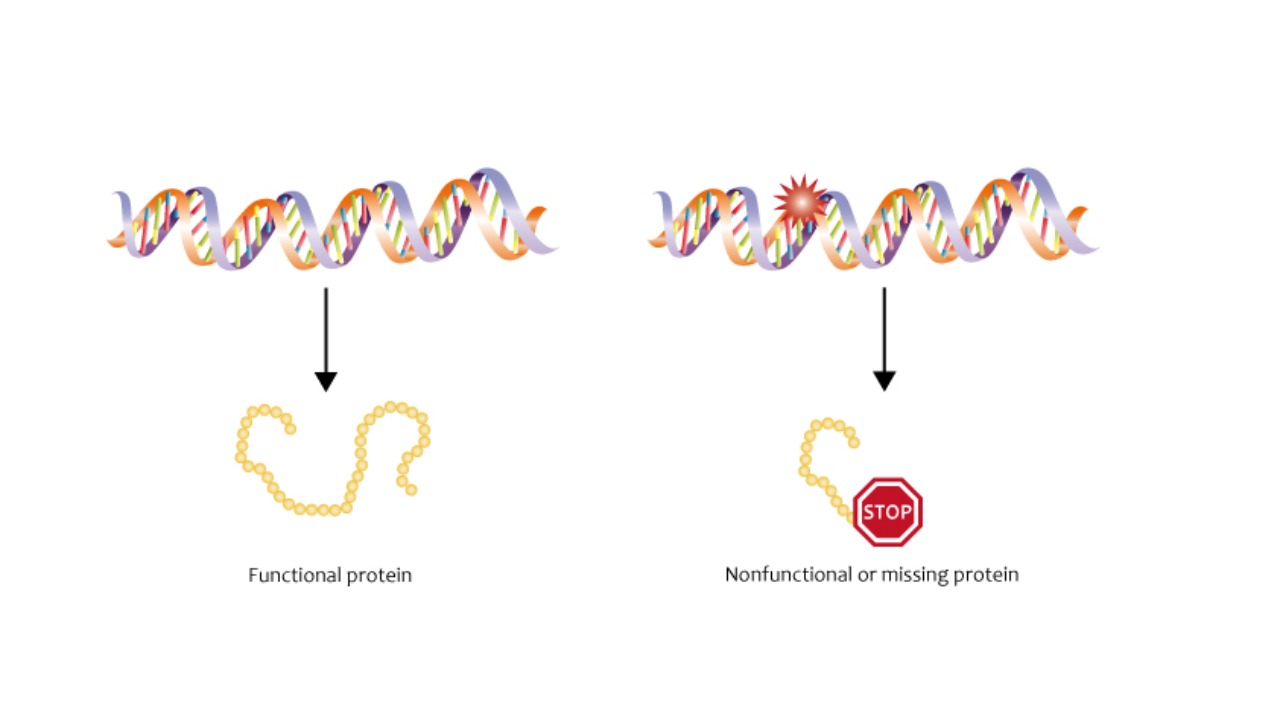
As our environment evolves, so do we. DNA mutations enable humans to adapt to new climates and ecosystems, ensuring our survival as a species. These genetic changes can enhance our ability to withstand extreme temperatures, resist environmental toxins, and thrive in diverse habitats. Discover how certain chemicals impact DNA in this study on the effects of a widely used sweetener.